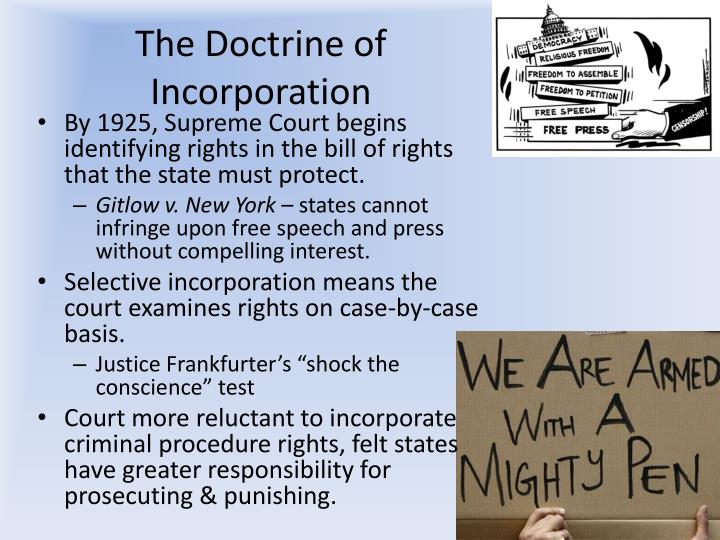

Browse these resources or jump from section to section by clicking the links below: citizens.īelow is a collection of resources recognizing this important piece of American law.

A number of landmark Supreme Court cases have relied on Section 1’s provisions for due process, equal protection, and privileges and immunities for all U.S. Since the 1860s, all of the originally dissenting states have approved the Fourteenth Amendment, putting to rest any question of its legal status.
#Due process clause 14th amendment full#
Southerners still argued that the amendment was invalid, however, because the beaten southern states, then ruled by federal military commissions, were forced to ratify the amendment in order to regain their full legal status. Aware of this difficulty, Secretary of State Seward waited until Alabama and Georgia had additionally ratified before officially certifying the Fourteenth Amendment on July 28. Despite withdrawing their approval of the amendment, two states (Ohio and New Jersey) were counted as ratifiers of the amendment. The Fourteenth Amendment’s ratification generated some controversy for a time, particularly from legal scholars of the South who claimed that the amendment was invalid because of its ratification process. In doing so, it expanded the scope of the Constitution’s protection of individual liberty now the Constitution protected rights not only from infringement by the federal government, but from infringement by state and local government as well. The amendment granted citizenship to those born or naturalized in the United States and guaranteed freedom, due process, and equal protection under the law to all Americans. The Fourteenth Amendment was ratified on July 9, 1868.


 0 kommentar(er)
0 kommentar(er)
